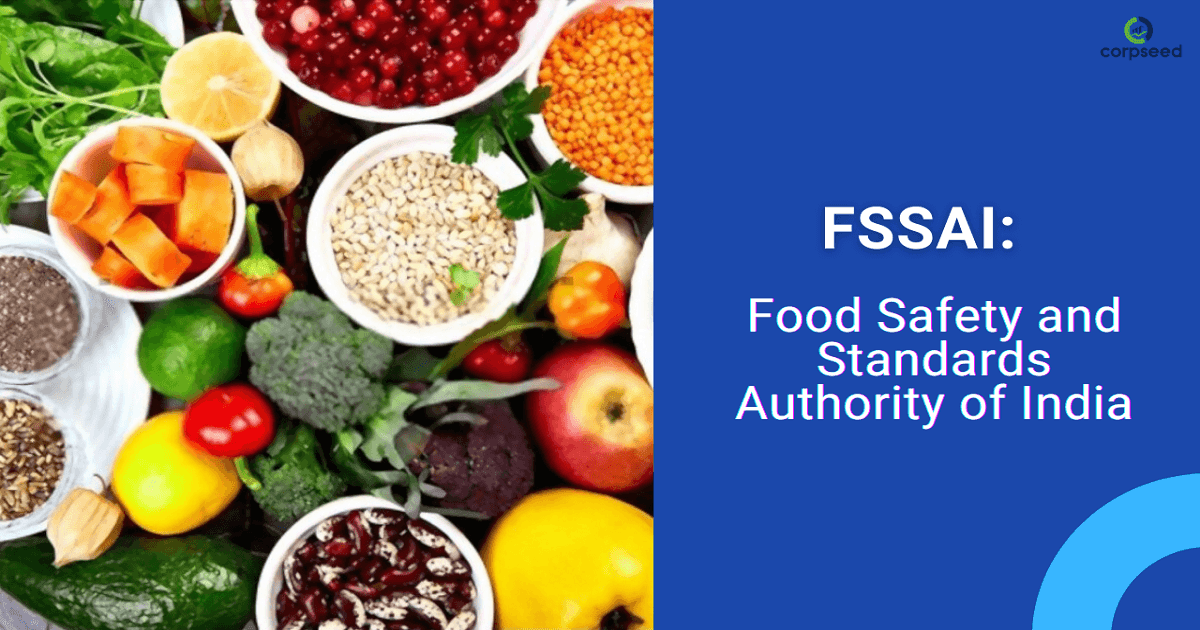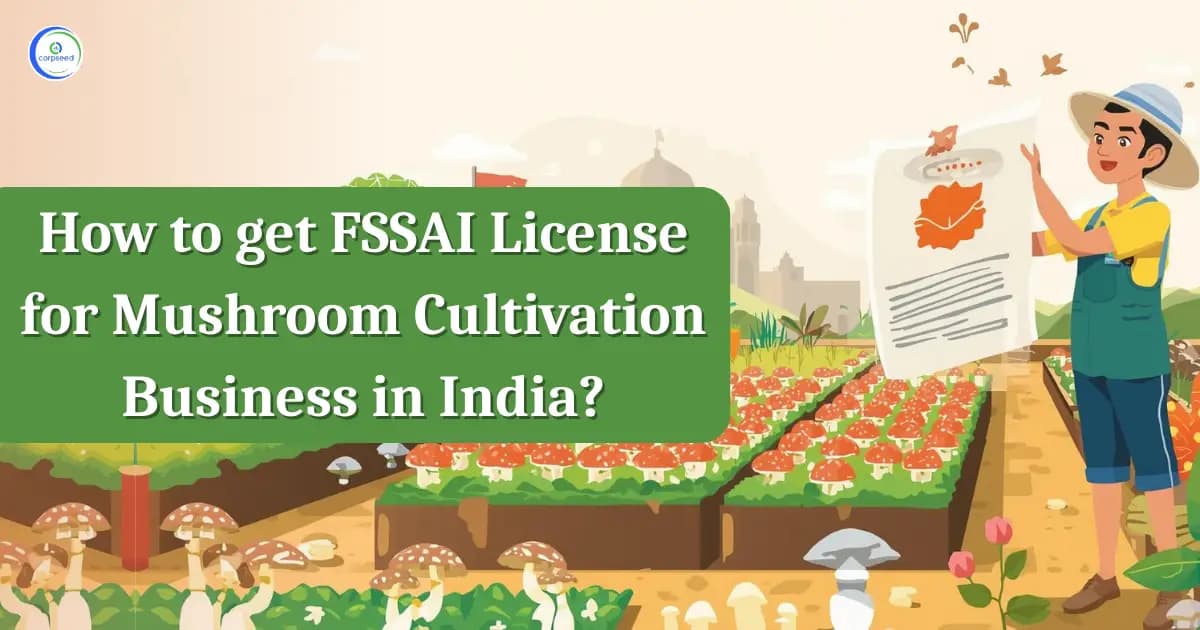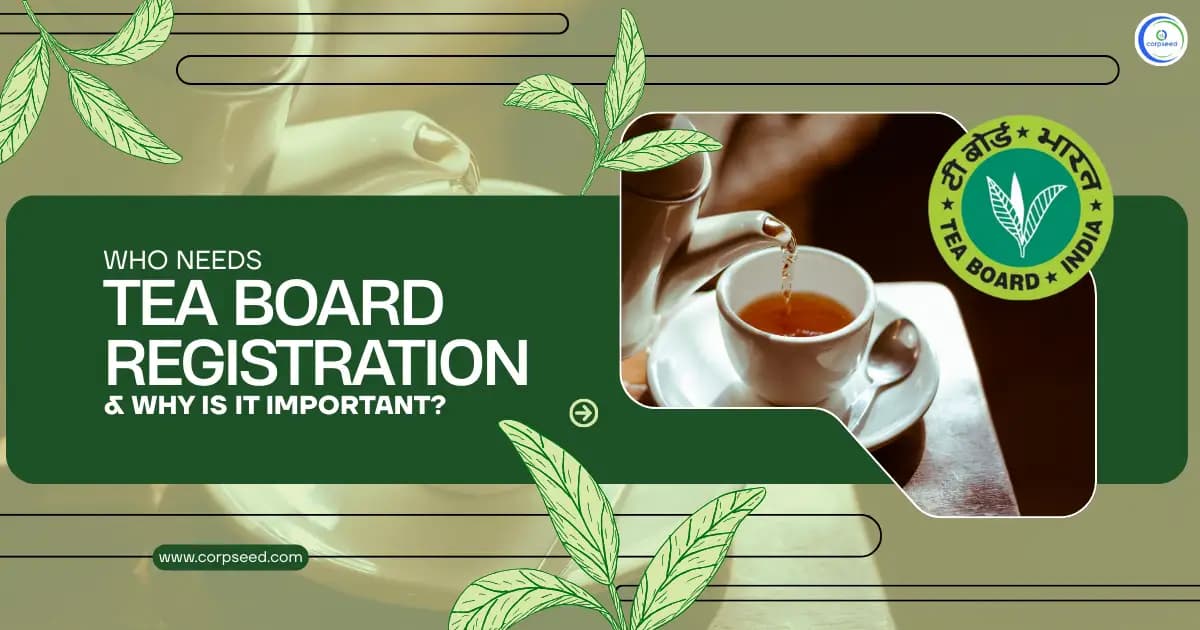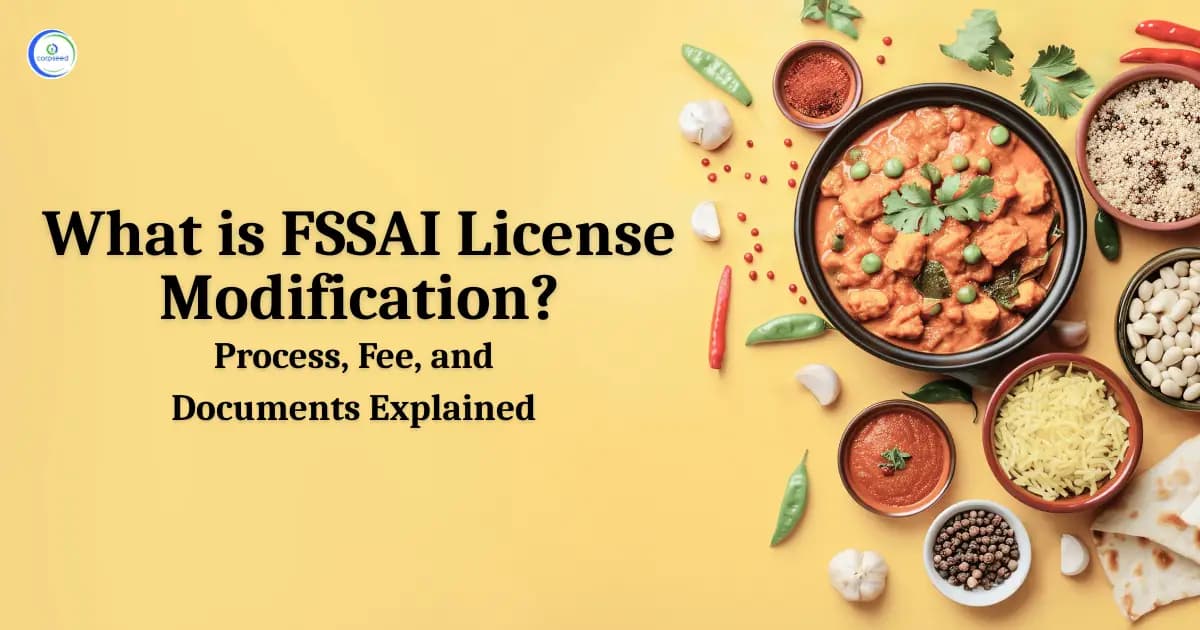
Loading...

Food Safety and Standard Authority of India perform various functions in regards of standard and quality of food.
About the Author

Related articles

How to Get FSSAI License for Mushroom Cultivation Business in India
2026-02-13

Who Needs Tea Board Registration & Why Is It Important?
2026-02-10

How to Apply for Spice Board Registration in India: Step-by-Step Guide
2026-01-02

Plant Protection Code 2025: New Rules for Tea Licenses
2025-11-29

What is FSSAI License Modification? Process, Fee, and Documents Explained
2025-09-19

How to Export Spices from India: Complete Process and Documentation Guide
2025-08-14